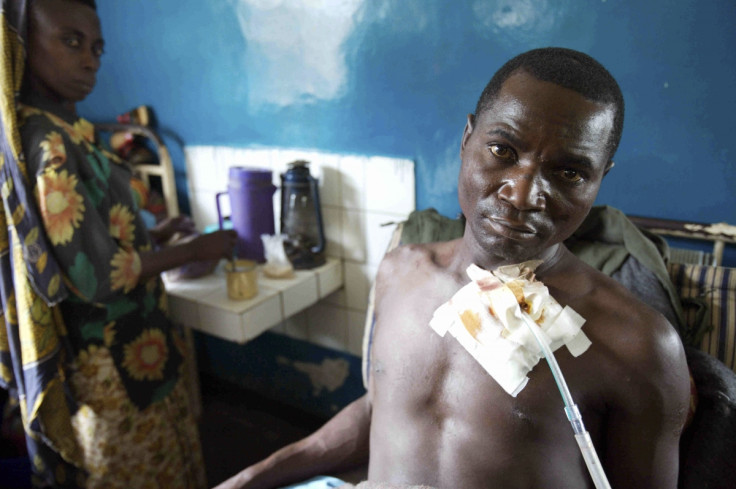Battle for control of the DRC: Who are the Mai-Mai groups?
The Mai-Mai are the most prolific recruiters of child soldiers, and are accused of rape and torture.
The term "Mai-Mai" (Mayi-Mayi) refers to a range of local and community-based militias who were active during the Congo's two wars between 1996 and 2003 and since. The groups are the most prolific recruiters and users of child soldiers, and human rights abuses witnessed by UNHCR staff include rape and torture.
"We are talking specifically about indiscriminate and summary killings of civilians. We are talking about rape and other forms of sexual abuse - torture, arbitrary arrests, assaults, looting of food and money, destruction of property. We are also talking about forced labour and forced recruitment, including children, and also ethnically motivated violence," UNHCR spokesperson Andrej Mahecic said back in 2012.
'Magic water to protect themselves from bullets'
Mai-Mai fighters, who spray themselves with "magic water to protect themselves from bullets", are essentially self-defence militias formed on an ad-hoc basis by local leaders who arm young men in villages, often along ethnic lines.
Some of the larger ones are better known, such as the Congolese Resistance Patriots (PARECO) or Alliance of Patriots for a Free and Sovereign Congo (APCLS), which joined the peace process in March 2009, promising to transform into peaceful political parties.
Meanwhile, most Mai-Mai groups are local forces known by the name of their leader, such as the Mai-Mai Sheka (Nduma Defense of Congo), Mai-Mai Kifuafua, Mai-Mai Simba, or Mai-Mai Yakutumba groups.
In January 2011, Congolese judicial authorities issued an arrest warrant for the Mai-Mai militia leader Ntabo Ntaberi Sheka for crimes against humanity for mass rape, but he remains at large.
"An arrest warrant alone won't stop a rebel leader like Sheka from committing atrocities. The army and UN peacekeepers should increase their efforts to arrest him before more civilians suffer," Ida Sawyer, senior Congo researcher at Human Rights Watch, said in January 2015 - four years after authorities ordered Sheka's detention.
The group is accused of terrorising local people with systematic rape and forced conscription from communities in the unstable Walikale and Masisi territories of North Kivu province. In some cases, Sheka's fighters mutilated the bodies of those they killed and later paraded the body parts of their victims around town, while chanting ethnic slurs, according to UNHCR.
Battle for control of the DRC
Check out our Flipboard magazine - Who's who in the battle for DRC by IBTimes UK
In this series on the Democratic Republic of the Congo, IBTimes UK takes a closer look at the eastern regions of South and North Kivu where civilians are still at the mercy of armed groups and the Congolese armed forces, who have all been accused of committing serious war crimes.

© Copyright IBTimes 2025. All rights reserved.






















